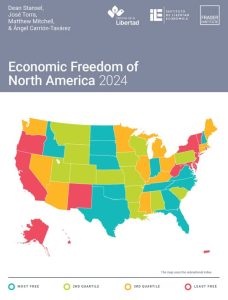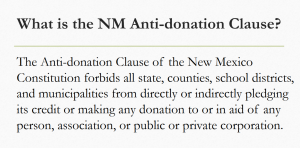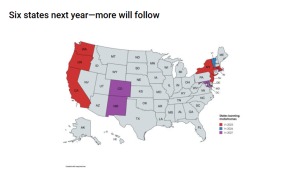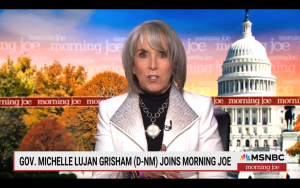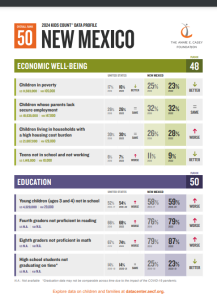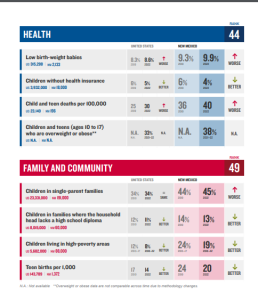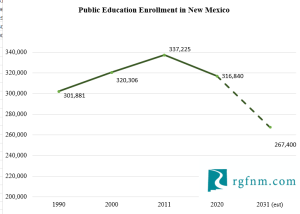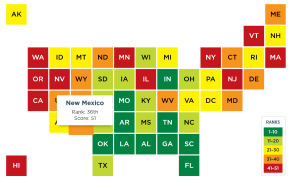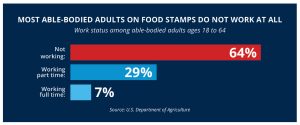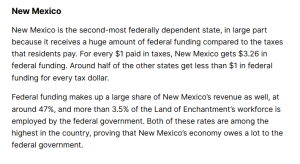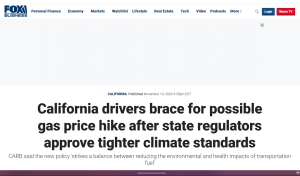Ouch! New Mexico’s top university (UNM) loses football coach to third tier university in neighboring state
12.06.2024
In what can only be described as a “gut punch” for UNM football fans, Bronco Mendenhall, the head coach of UNM’s football team has left the program to take over at Utah State University. Utah State happens to be in the same Mountain West Conference at UNM but is considered to be at a lower level than University of Utah or BYU, both of which play in higher level conferences.
What does this have to do with the Rio Grande Foundation? For starters, football is a particularly financially driven sport, especially now with Name Image and Likeness rules that allow athletes to be compensated for their efforts.
The fact is that Utah is a more economically diversified state that is growing from both a population and economic perspective.


